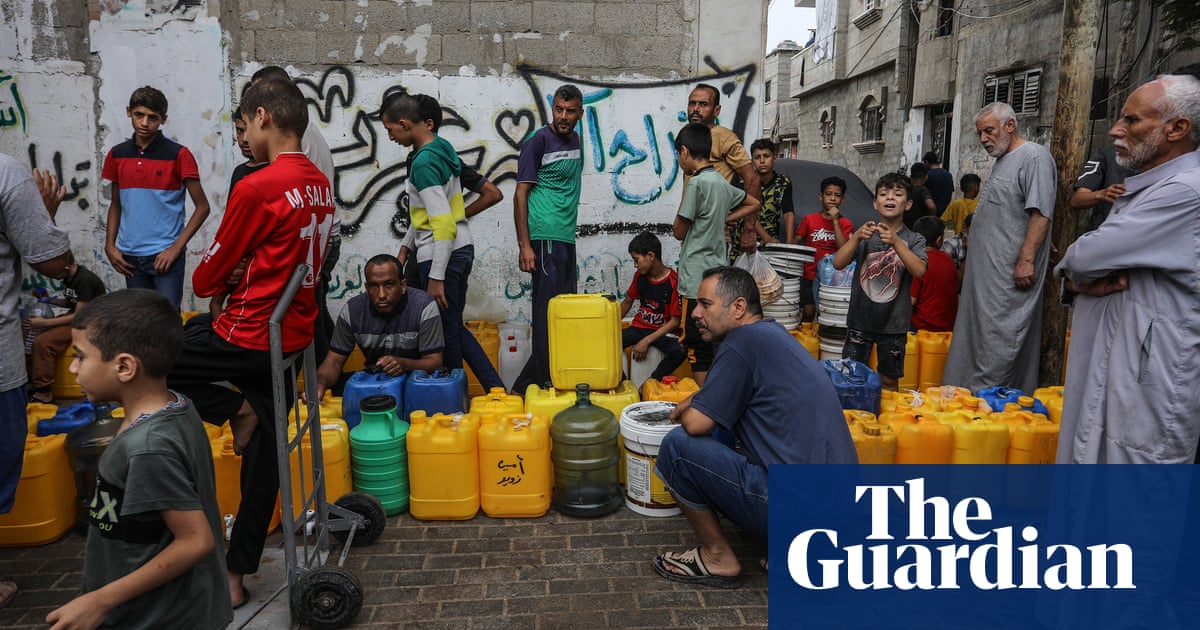
Human Rights Watch painted a bleak image on Monday of the water crisis plaguing the southern Iraqi region of Basra.
In a report of over a 100 pages, it accused Iraqi authorities of doing little to address the underlying conditions causing the water shortages and pollution crisis, warning of outbreaks of water-borne diseases and continued economic hardship for the governorates 4 million people.
HRW found the generally poor state of water quality was likely compounded by algae that rapidly spread last year in the Shatt al-Arab waterway that runs through Basra and provides it with its primary water source.
It indicated that the algae, pollution and high salination could together have sparked the mass health crisis.
"These combined failures violate Basra residents rights to water, sanitation, health, information, and property guaranteed under international and national law," it said.
"The government urgently needs to act," Belkis Wille of HRW told a press conference in Baghdad, where the organization released its report on Basras water crisis. "The people of Iraq have a right to know what is in their environment and how to keep safe."
The report, entitled "Basra is Thirsty: Iraqs Failure to Manage the Water Crisis," said a full year after Basras violent protests, authorities continue to allow activities that pollute the provinces water resources despite the health risks to residents.
Promised government projects to improve water quality have failed to materialize due to mismanagement and corruption, it said, and warned of outbreaks of water-borne diseases if the problems are left unaddressed.
The report relies on dozens of interviews with residents of Basra, experts and government officials as well as analysis of satellite imagery.
Those images revealed evidence of oil spills and algal bloom in the Shatt el-Arab and other waterways that contaminated the water which, when consumed, could cause abdominal pain, fever, vomiting and bloody diarrhea.
Basras acute water problems have been going on for decades, leading to outbreaks of protests every summer. The protests turned into a full-blown crisis last year after thousands of people were hospitalized due to stomach ailments and skin rashes blamed on the water quality.
The contaminated water, along with other failing city services and soaring unemployment, also led to violent protests and rioting in Basra, Iraqs oil-exporting capital.
During a week of demonstrations, protesters set fire to government buildings and offices of Iranian-backed factions that they blame for mismanagement and profiteering while residents struggle with poverty.
After years of meager rains, Iraq had seen its wettest winter in a generation, restoring freshwater marshes in southern Iraq and bringing welcome relief to the local population. The deluge of the winter months has slightly decreased salinity in Basras drinking water, as the revived rivers flushed the salt away and filled the marshes with fresh water.
But residents told The Associated Press the government has done nothing to address the problems.
Waste water flows into the river and potable water pipes mix with sewage at a garbage dump in Basra. Although they cite a slight improvement in the water flowing through their taps, residents still use bottled water for drinking and cooking.












